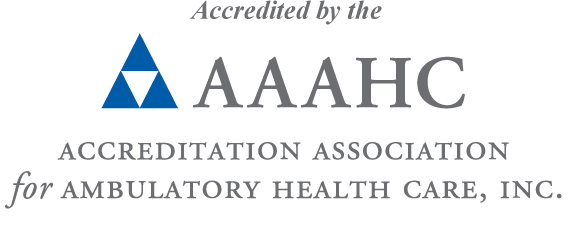The Mid-South's First IBD Care Center!
IBD One, our comprehensive Inflammatory Bowel Disease Center, officially began seeing patients on July 10, 2017. This center is the first of its kind in the Mid-South area, and is currently operating in 2 locations: 8000 Wolf River Blvd., Germantown, TN, and 1325 Eastmoreland Ave., #435, Memphis, TN. IBD One, which specializes in treating inflammatory bowel disease (IBD), is part of Gastro One. The diseases treated at IBD One are primarily Crohn’s Disease and Ulcerative Colitis. This center provides a progressive, comprehensive treatment approach to individuals previously diagnosed with these diseases, serves as an urgent care facility for IBD, and also provides consultative services for complicated patients. Patients receive personalized treatments, new strategies in disease management/monitoring and opportunities to participate in the latest clinical trials of advanced treatments. The goal is to provide patients with a better quality of life and move towards control and treatments that solve the problem. There is an emphasis on standardizing preventative measures related to IBD, learning to recognize flares early on in their course, and intervening early in the presentation of the disease or flare in a multidisciplinary approach.
Inflammatory bowel disease (IBD) involves chronic inflammation of all or part of the digestive tract and affects over 1.6 million Americans. IBD primarily includes ulcerative colitis and Crohn’s disease. Both usually involve severe diarrhea, pain, fatigue and weight loss. IBD can be debilitating and sometimes leads to life-threatening complications. Ulcerative colitis is an inflammatory bowel disease that causes long-lasting inflammation and sores (ulcers) in the innermost lining of your large intestine (colon) and rectum. Crohn’s disease is an IBD that causes inflammation of the lining of your digestive tract. In Crohn’s disease, inflammation often spreads deep into affected tissues. The inflammation can involve different areas of the digestive tract — the large intestine, small intestine or both. Both diseases are chronic and usually lifelong and vary in intensity and management responses. Though many patients have long periods of relative freedom form symptoms, both diseases are characterized by flares (relapses) that can range from very mild to very serious and life threatening.
“This clinic is designed to help patients control their IBD and improve their quality of life.” says Richard S. Aycock, M.D., FACG. “This specialty clinic brings together dedicated gastroenterologists, pathologists, nurses, and researchers with direct access to imaging and endoscopic facilities, dietitians, pain management specialists, pharmaceutical experts and surgeons. The clinic offers long term care and a much needed urgent care facility for IBD patients as well as consultative services. It is also central in helping children with IBD transition to management of the disease in adulthood.”
For more information about IBD One, contact our office at 901-755-9110.


